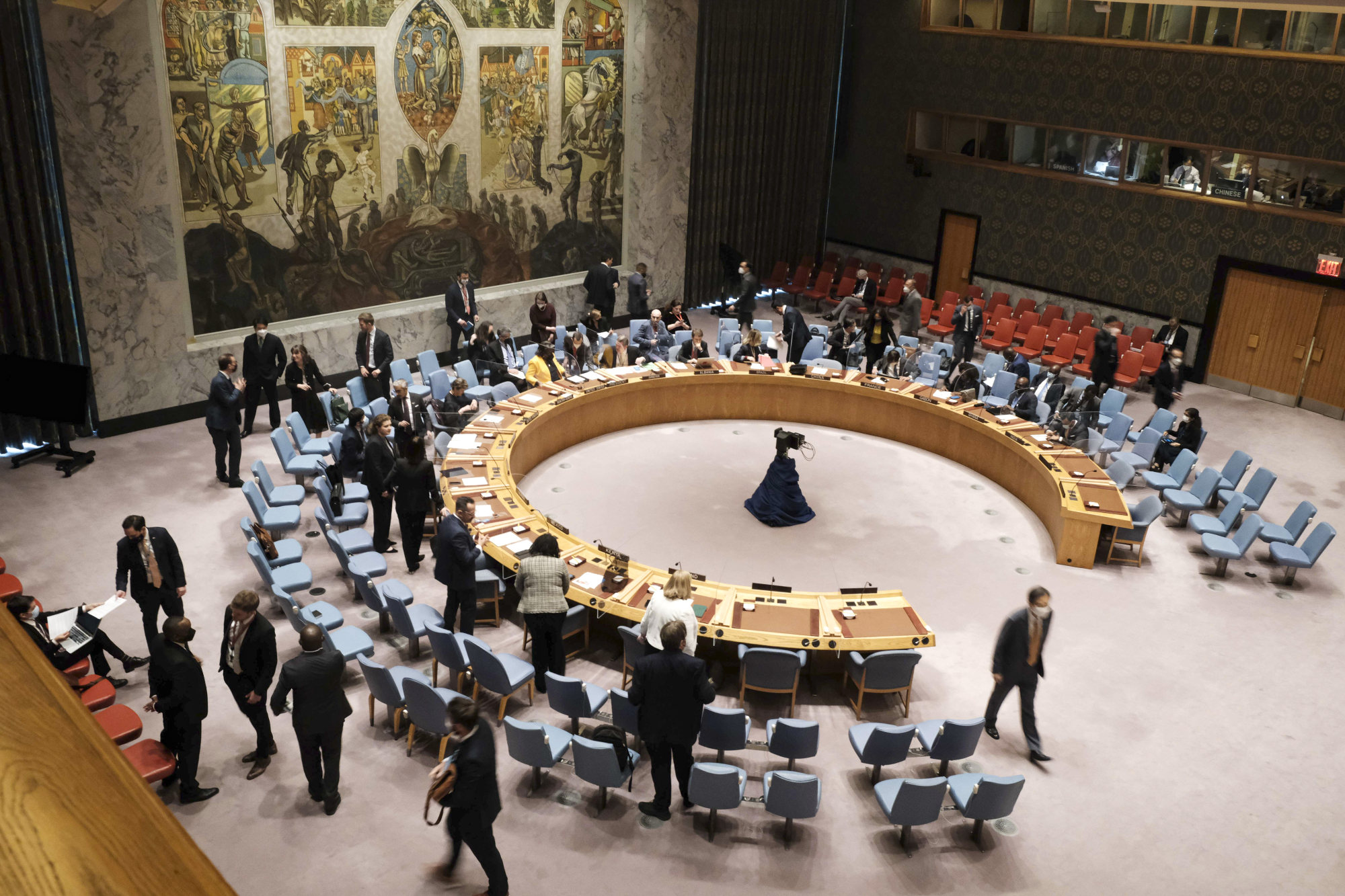
North and South Korea must return to peaceful dialogue after year of tit-for-tat escalation raises nuclear risks
- Stakes are never higher as North Korea grows bolder in developing its nuclear weapons, passes a first-strike law, and cosies up to Russia and China
- Petty behaviour by the South only makes it impossible to make any serious demands on Pyongyang
These are all major developments that have direct implications on not just the security situation on the Korean peninsula, but also on the wider region and potentially the world.


North Korea not only welcomed this support but also took the opportunity to strengthen its ties with both China and Russia. On August 1, North Korean Defence Minister Ri Yong-gil sent a message to his Chinese counterpart, Wei Fenghe, emphasising “that the Korean People’s Army would closely wage strategic and tactic-coordinated operations” with the People’s Liberation Army.
That North Korea described cooperation with these countries using terms such as “strategic” and “tactical” points to the deepening of ties with its old-time allies, a trend likely to continue in the new year.
As the South Korean administration of President Yoon Suk-yeol takes an increasingly pro-US and Japan stance, some scholars have warned against the perils of Seoul joining a “bloc” that pits it strictly against its northern neighbour.
While the former Moon Jae-in administration tried to pursue a more balanced foreign policy, not choosing between Beijing and Washington, the Yoon government has clearly positioned itself in America’s corner.
In turn, South Korea has chosen to respond to North Korea’s military actions through its own series of military provocations in recent months. The South even chose to respond to North Korea’s publishing of two satellite photos of Seoul and Incheon last week by sharing its own coloured satellite image of Pyongyang to prove to the North that its technology is superior.
This kind of petty behaviour by the South only emboldens the North further and drags South Korea down to a level where it becomes impossible to make any serious demands on North Korea.
With all that has happened in 2022, it is difficult to see a way where the two Koreas can return to diplomacy and amicable talks in 2023. Of course, this is not impossible. But for tensions to be eased and diplomatic engagement to become possible once more, the dangerous confrontations deepening the decades-long division of the two Koreas must be eased.
For this, tit-for-tat actions and threats must stop, and the priority placed back on building trust, regular communication and the establishment of a more realistic, long-term policy for dealing with North Korea in 2023 and beyond.
Gabriela Bernal is a North Korea analyst and PhD scholar at the University of North Korean Studies in Seoul, South Korea



